Onboard ‘Flight100’ – the first transatlantic flight powered by 100% sustainable aviation fuel
Links on Head for Points may support the site by paying a commission. See here for all partner links.
On Tuesday, I was one of an exclusive group of 110 people on board Virgin Atlantic’s ‘Flight100’.
If you haven’t been following along, this was a demonstration flight operated by Virgin Atlantic in conjunction with Boeing, Rolls-Royce and four other companies and universities to prove that current aircraft are able to fly on 100% sustainable aviation fuel. A few weeks ago, I visited Rolls-Royce in Derby to learn more about their testing program.
The Department for Transport, which kicked off the challenge, provided £1 million in funding which Virgin matched.
Since winning the competition to operate the flight in November 2022, Virgin Atlantic and its partners have been beavering away to make it a reality, but also to ensure that the flight would be as safe as any other commercial flight.
As this was a demonstration flight, no paying passengers or cargo were allowed on board. In fact, the Civil Aviation Authority would only permit a maximum of 120 people on board who had to have a specific interest in the flight itself. That included staff from all the consortium partners as well as a small selection of broadcasters and journalists such as myself to document the experience.
Whilst we boarded the flight just after 10am on Tuesday, work has been underway for some time to prepare the aircraft. Holly Boyd-Boland, VP Corporate Development and Sustainability at Virgin Atlantic, told me:
“It’s been a process over the last six to eight months, where we have been identifying the fuel and doing a lot of testing, primarily through our partners at Rolls-Royce and in collaboration with Sheffield University.
But getting ready for today and going back a week or so, the fuel arrived from Europe and the US at the beginning of last week and was blended on the Isle of Grain by AirBP last Tuesday. Last Thursday, it was tankered in two specific bowsers up to Heathrow. On Friday we fueled the engines, which took a couple of batches. So we fueled the initial, then did some additional testing, then we fueled the whole thing up. And between Friday and now the aircraft’s been under pretty tight maintenance watch to make sure that it was fit for purpose.”
The fuel used yesterday was a specific blend of two different types of sustainable aviation fuel, in order to create what is called a ‘drop in’ fuel. This means that no modifications need to be made to the aircraft in order for it to fly: it can be used just like normal jet fuel, without having to recertify the engines and fuel systems. Said Corneel Koster, Virgin’s Chief Customer & Operating Officer:
“We knew from full testing on the ground that this blend, which is 88% HEFA, basically fatty acids and waste oils; and 12%, synthetic, aromatic kerosene, which is made from waste from corn. This combination is unique. But we tested this extensively on Rolls Royce on the ground for an entire full flight profile of a flight to New York. And then the next day we tested the normal Jet A fuel and saw that it’s absolutely comparable.”
Maria Laine, President United Kingdom, Ireland & Nordic region for Boeing added:
“That’s the beauty of sustainable aviation fuels. It truly is a drop-in solution. That’s one of the purposes of this flight, to serve as proof that we can easily slide it into commercial operations so that no major impacts to infrastructure or anything else needs to be carried out.”
Nonetheless, Virgin Atlantic was still keen to run a little dress rehearsal before the main event on Tuesday, particularly given the exceptionally high interest in the story. Corneel said:
“We were fully certified and ready to fly today, without having done it before. But look, quite clearly the world is watching today. We wanted to make sure that everything goes right. So we de-risked the project and some of our ground procedures by doing a very short, very quiet flight on Saturday as a dress rehearsal, to go above and beyond and to make sure that everything was ready for Tuesday. It was completely uneventful!”
The dress rehearsal paid off. VS100 took off smoothly at 11:49am as expected, and for those of us on board it felt like any other flight to New York. From the flight itself it was indistinguishable that we were running on sustainable aviation fuel. The only giveaway was the excitement on board and the cheer after take-off!
Flight100 wasn’t just testing sustainable aviation fuels, however. Virgin Atlantic also incorporated a suite of fuel-saving measures including one of the most direct routings from London to New York that’s possible, saving a predicted 1,000kg+ of jetfuel.
Other measures included more efficient ascent and descent procedures and single-engine taxiing at JFK. In total, an estimated 3,242kg of fuel were saved, equivalent to just over 10,000kg of CO2.
After 7:16 hours, we came in to land in an overcast and ice-cold JFK Airport, with the entire flight having operated as expected.
I’d be lying if I said the flight was eventful: as I mentioned above, to us it felt like any other regular service between London and New York. But that’s the beauty of sustainable aviation fuel: it can reduce our carbon footprint by over 70% on existing infrastructure and without needing to re-invent the wheel. This makes it the only practical solution for decarbonising aviation in the next few decades before future technologies such as hydrogen or battery flight become a commercial reality.
What’s next? Supply continues to be a major problem, with SAF currently contributing less than 0.1% of all aviation fuel globally. Scaling up production will be key. Just to get to Virgin Atlantic’s target of 10% by 2030 will require a hundred-fold increase.
Sadly, SAF production in the UK is extremely thin on the ground with no dedicated SAF refineries in operation. The fuel used for our flight was imported from the EU and US. At present, five commercial plants are due to start construction by 2025
If everything goes to plan, though, Virgin Atlantic will be flying with 10%+ SAF in just over six years.
PS. If you are not a regular Head for Points visitor, why not sign up for our FREE weekly or daily newsletters? They are full of the latest Avios, airline, hotel and credit card points news and will help you travel better. To join our 65,000 free subscribers, click the button below or visit this page of the site to find out more. Thank you.
How to earn Virgin Points from UK credit cards (April 2025)
As a reminder, there are various ways of earning Virgin Points from UK credit cards. Many cards also have generous sign-up bonuses.
You can choose from two official Virgin Atlantic credit cards (apply here, the Reward+ card has a bonus of 18,000 Virgin Points and the free card has a bonus of 3,000 Virgin Points):
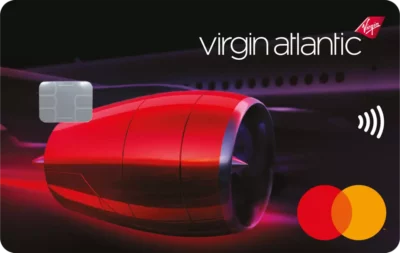
Virgin Atlantic Reward+ Mastercard
18,000 bonus points and 1.5 points for every £1 you spend Read our full review

Virgin Atlantic Reward Mastercard
3,000 bonus points, no fee and 1 point for every £1 you spend Read our full review
You can also earn Virgin Points from various American Express cards – and these have sign-up bonuses too.
American Express Preferred Rewards Gold is FREE for a year and comes with 20,000 Membership Rewards points, which convert into 20,000 Virgin Points.
SPECIAL OFFER: Until 27th May 2025, the sign-up bonus on the ‘free for a year’ American Express Preferred Rewards Gold card is increased from 20,000 Membership Rewards points to 30,000 points. Points convert 1:1 into Avios (30,000 Avios!) and many other programmes. Some people may see even higher personalised offers. Click here to apply.

American Express Preferred Rewards Gold
Your best beginner’s card – 30,000 points, FREE for a year & four airport lounge passes Read our full review
The Platinum Card from American Express comes with 50,000 Membership Rewards points, which convert into 50,000 Virgin Points.
SPECIAL OFFER: Until 27th May 2025, the sign-up bonus on American Express Platinum is increased from 50,000 Membership Rewards points to a huge 80,000 points. Points convert 1:1 into Avios (80,000 Avios!) and many other programmes. Some people may see even higher personalised offers. Click here to apply.

The Platinum Card from American Express
80,000 bonus points and great travel benefits – for a large fee Read our full review
Small business owners should consider the two American Express Business cards. Points convert at 1:1 into Virgin Points.

American Express Business Platinum
50,000 points when you sign-up and an annual £200 Amex Travel credit Read our full review

American Express Business Gold
20,000 points sign-up bonus and FREE for a year Read our full review
Click here to read our detailed summary of all UK credit cards which earn Virgin Points.



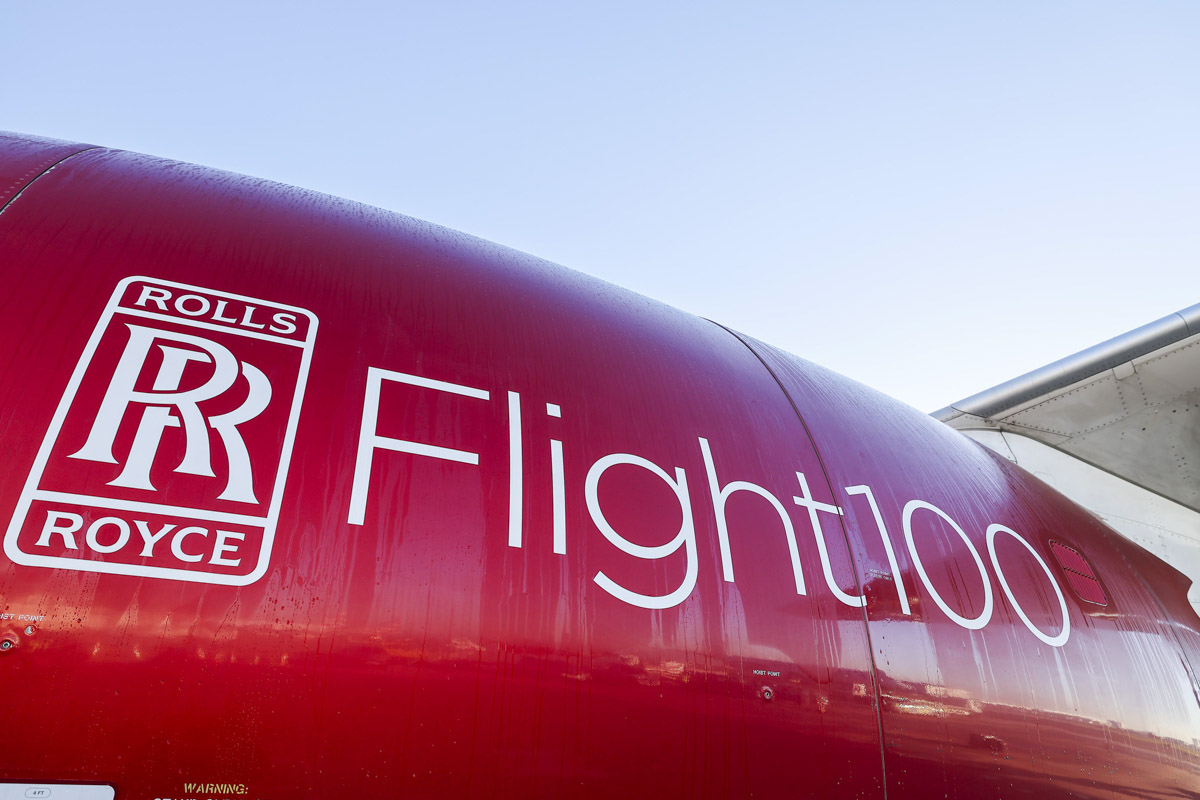
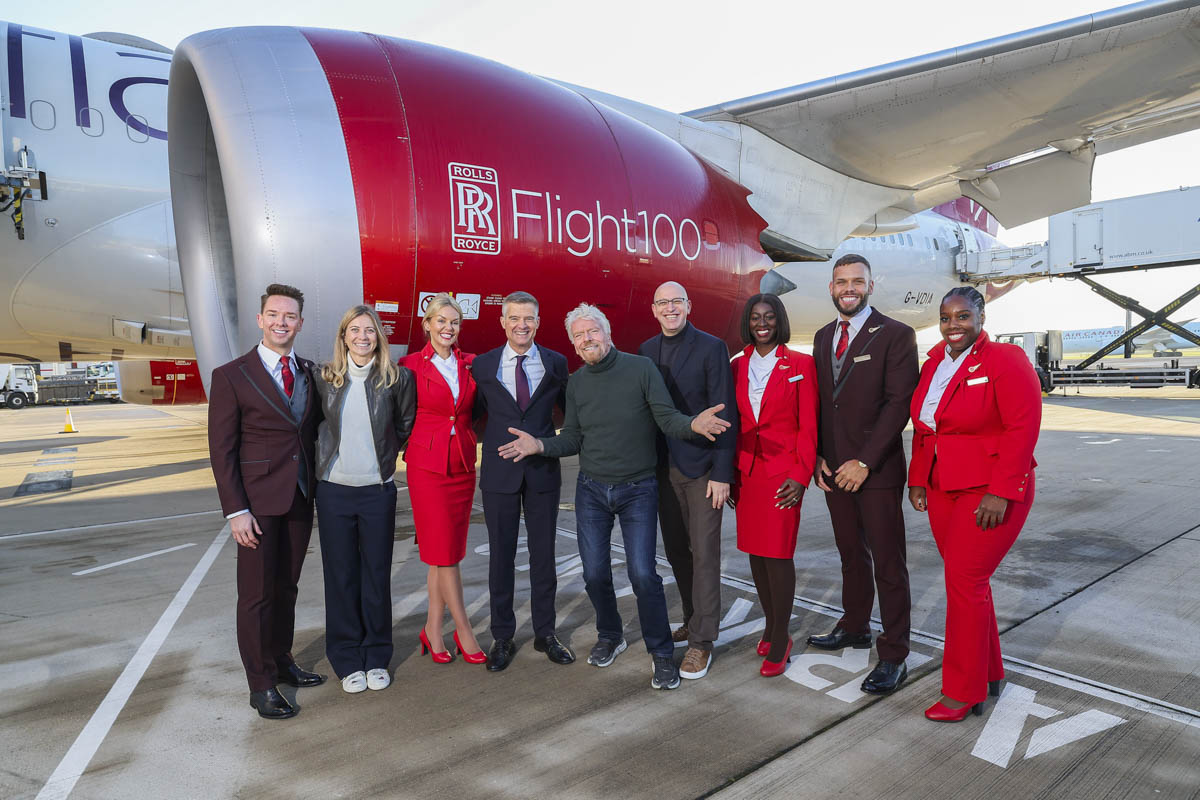
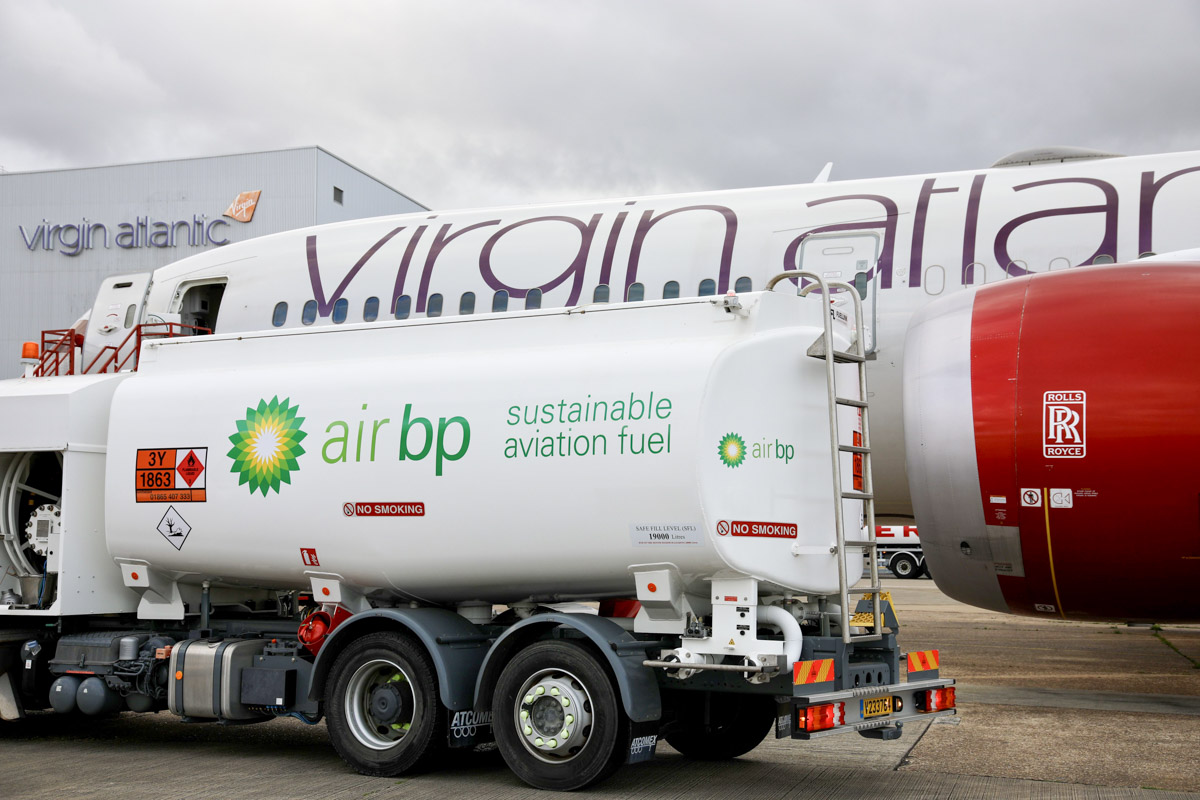
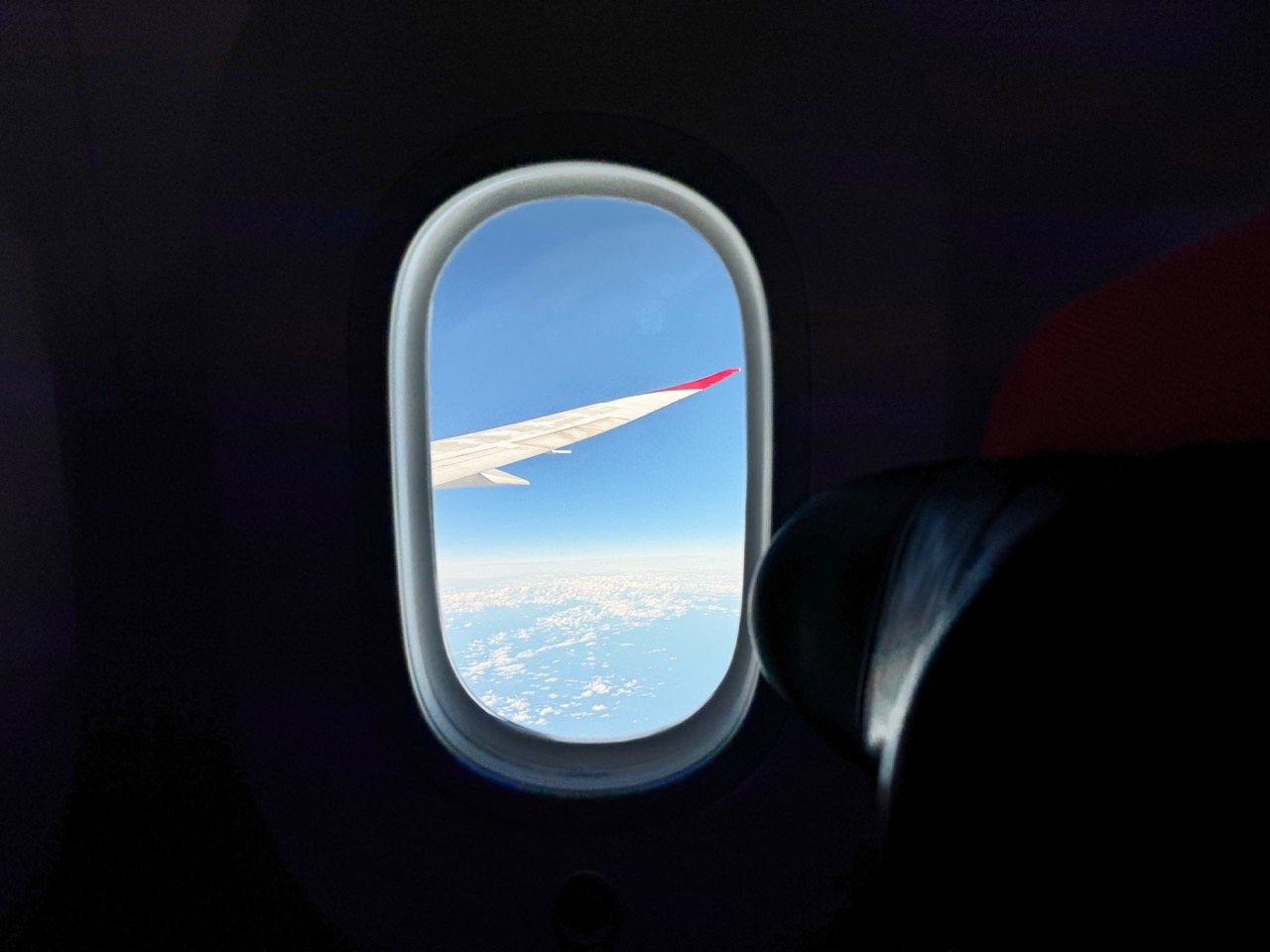
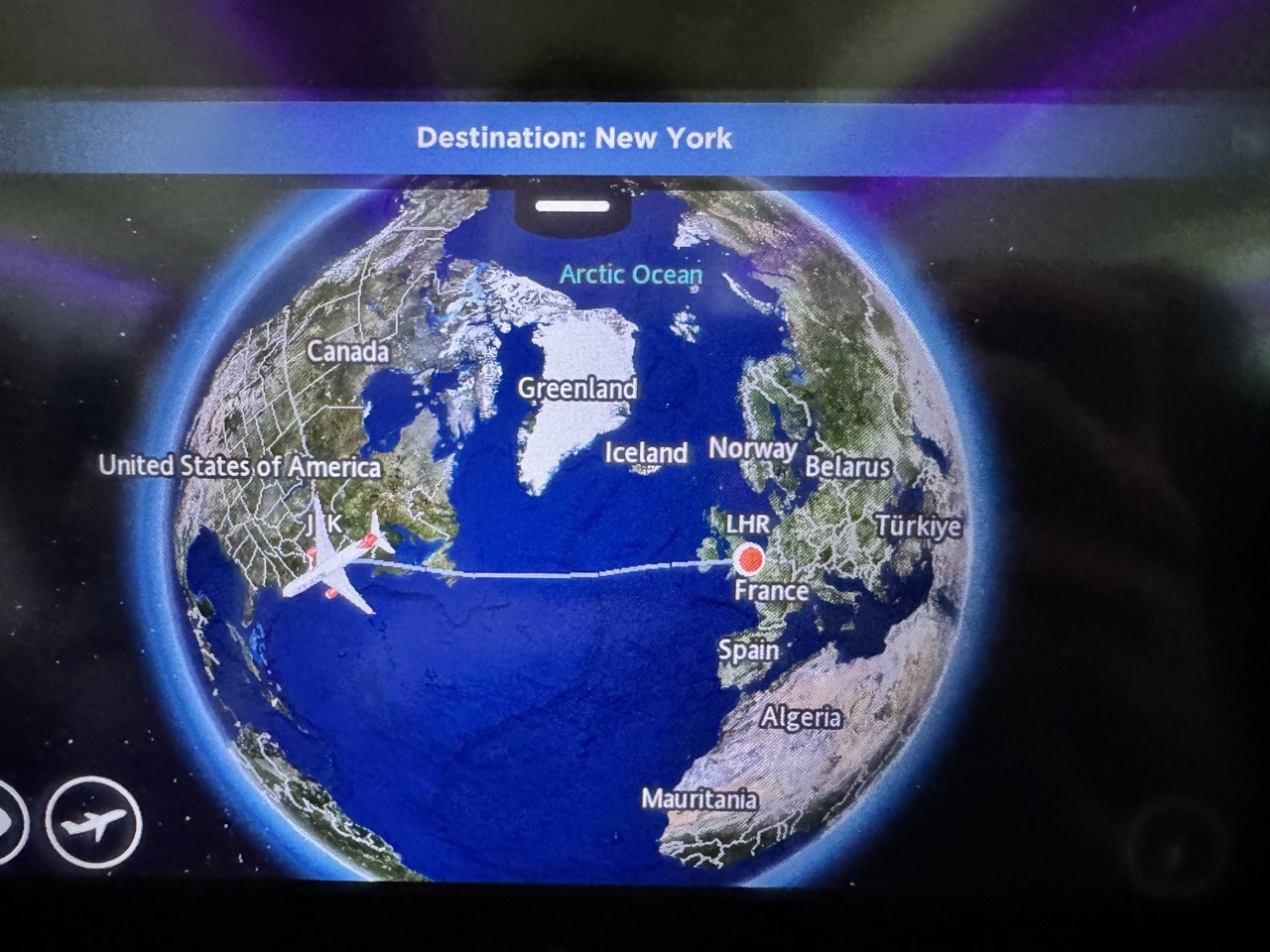

 Rhys
Rhys 





Comments (123)